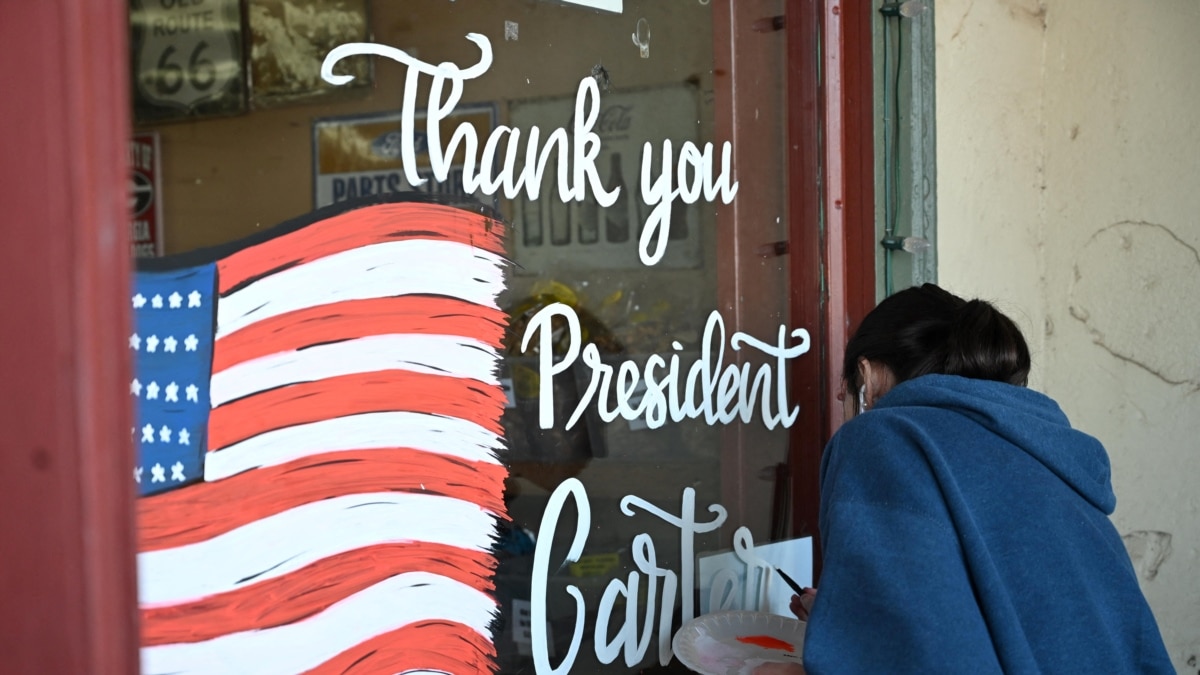 New York City's congestion pricing can still go forward starting Sunday, a New Jersey federal judge ruled Friday.
John Angelillo/UPI/Shutterstock
New York City's congestion pricing can still go forward starting Sunday, a New Jersey federal judge ruled Friday.
John Angelillo/UPI/Shutterstock
A New Jersey federal judge Friday shot down a last-ditch attempt to stop New York City’s controversial congestion toll from taking effect Sunday.
Judge Leo Gordon clarified that his Monday ruling — finding that the toll plan didn’t sufficiently lay out a plan to mitigate the impacts the toll would have on New Jersey — would still allow the toll to start Jan. 5 at midnight.
Gordon made his explanation at a last-minute hearing in Newark federal court Friday afternoon, where lawyers for Gov. Phil Murphy argued that the plan shouldn’t be allowed to take effect until after measures are put in place to address the environmental impacts the toll will have on Garden State communities.
If the plan did go forward without addressing the negative effects, it would cause irreversible damage in New Jersey and other local communities, while another delay wouldn’t hurt the MTA, NJ lawyers argued.
“The day they flip the switch, there will be irreparable harm … you can’t put the genie back in the bottle,” lawyer Randy Mastro argued, citing how air pollution and chronic disease will skyrocket in New Jersey.
“They are going to suffer air pollution. They are going to suffer chronic illness and that is an outrage. New Jerseyans lives are literally at stake!”
Lawyers with the US Department of Transportation and the MTA assured Gordon they would update their plan to add a more specific framework to shore up the negative impacts on surrounding communities but insisted it shouldn’t hold up the new pricing program from beginning this weekend.
MTA lawyer Elizabeth Knauer pressed that the agency has since allocated $9.8 million to local communities in the Garden State – meanwhile, $40 million has been allotted to the Bronx.
She argued that mitigation efforts are expected to be rolled out over a five-year span, adding that the changes in traffic “will probably not even be noticed” in New Jersey. Knauer said failing to approve the program would deny Manhattanites “clean air.”
Federal Highway Administration attorney Gregory Cummings also blasted Mastro for failing to provide evidence of any immediate harm the new pricing plan would have on residents.
The MTA will begin charging $9 for passenger vehicles during the peak hours of 5 a.m. to 9 p.m. on weekdays and from 9 a.m. to 9 p.m. on weekends. The drivers will be charged $2.25 during all other times to pass into Manhattan’s busiest neighborhoods.
Small trucks will be charged $14.40 during peak hours while large trucks will be charged $21.60.
The Big Apple’s congestion pricing will be the first of its kind in the nation.
Many people, including cops, firefighters, teachers, politicians and Jersey residents are livid over the plan they say will financially burden those who are already struggling and could also have negative health impacts because of increased pollution in affected communities.
But the MTA says the new toll will provide a much-needed financial influx to help improve a strained transportation system.
Congestion pricing had been slated to start this summer until Gov. Kathy Hochul halted it in June, claiming it would disproportionally burden working-class New Yorkers. The toll was initially set at $15.

 By New York Post (U.S.) | Created at 2025-01-04 01:43:57 | Updated at 2025-01-06 04:38:18
2 days ago
By New York Post (U.S.) | Created at 2025-01-04 01:43:57 | Updated at 2025-01-06 04:38:18
2 days ago








